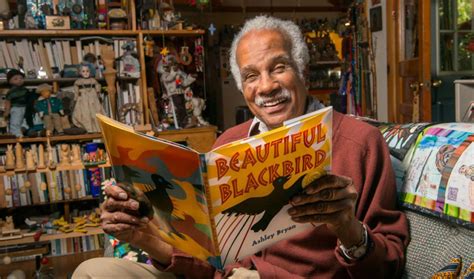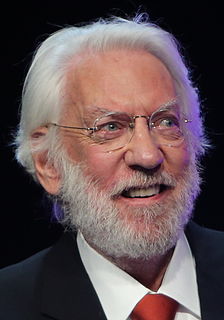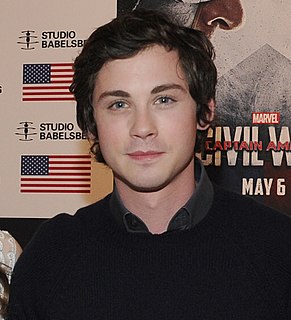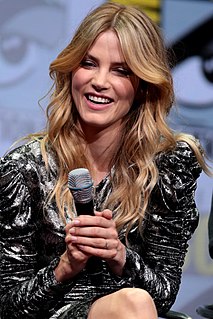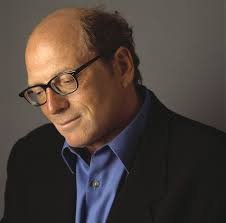A Quote by Terry Eagleton
With fiction, you can talk about plot, character and narrative, whereas a poem brings home the fact that everything that happens in a work of literature happens in terms of language. And this is daunting stuff to deal with.
Related Quotes
I love poetry. It's at the heart of everything I do. Poetry transforms what we call language, and uses language as the stuff to become something else. I get spun around by what happens in words. When that occurs, it inspires images that seem so original to me as an artist, even though I'm following what the poem has offered.
I thought, "Oh, my god, that's what happens every time I talk with a journalist in the middle of shooting and I talk about my character. I describe him, I objectify him, and I kill him." So, I've never spoken with a journalist in the middle of a film. I don't do the EPK until the very end of a film. I can't talk about Kiefer's process, but what he brings to the table is beautiful.
The unphilosophical and philosophical attitudes can be very sharply distinguished (with scarcely any intermediate forms) by the fact that the first accepts everything that happens as regards its general form, and finds occasion for surprise only in that special content by which something that happens here today differs from what happened there yesterday; whereas for the second, it is precisely the common features of all experience, such as characterise everything we encounter, which are the primary and most profound occasion for astonishment.
There are people who have repetitive nightmares. And what happens is their brain is trying to process the stress and help their brain actually deal with what happens if this stress happens again, so their brain's preparing them to deal with it in case the stress happens again, but it's so scary that they awaken from it.
What happens at the average church or synagogue or mosque is that I don't know many priests or ministers or rabbis who say to their congregation, 'go home and talk about the religion at the kitchen table with your kids...talk about God, talk about what this is all about.' They say in general, come back on the weekend, we'll talk to you about it.
It is obvious when an actor has put work into prep and research and understanding their character, and they're making choices, because that's what happens when you take the time - or have the time - to really think about the material, but that only accounts for about 60% of what happens on the day. When you're in the moment, you throw it all away. Well, you don't throw it all away, but it's in you now, and everything is reactionary in that moment and you have to be honest and present and listening.
I grew up with the idealistic notion that writing and literature were noble causes. I had no inkling, no sense of what I would eventually encounter in terms of people who weren't being sincere. I'm not saying that it happens always or a lot, but it happens enough that sometimes it makes me feel a little queasy.
The first thing that happens is the cleansing of the former character. I don't think a lot of actors talk about it, but there is usually a process where you essentially purge yourself of the character played prior to the movie. Then you want to think about what the character represents, and you write down all of the elements about this character and then take the time to find some synchronicity and start breathing the character.
Consciousness and Healing To proceed very far through the desert, you must be willing to meet existential suffering and work it through. In order to do this, the attitude toward pain has to change. This happens when we accept the fact that everything that happens to us has been designed for our spiritual growth.

